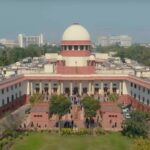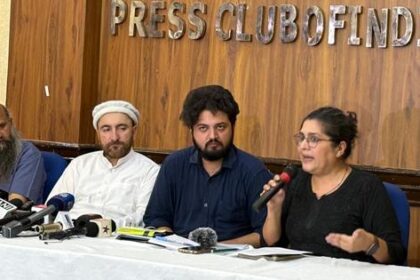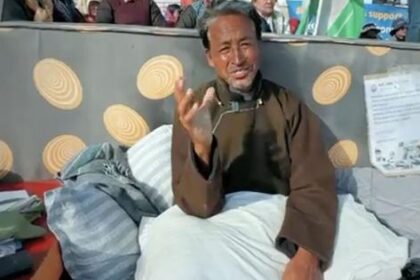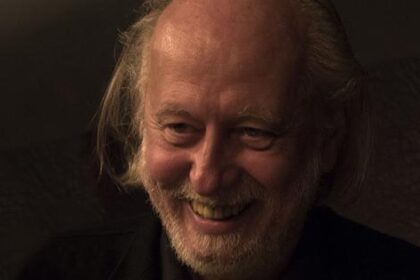Reflections on justice, loss, and the long struggle for acquittal in a wrongful imprisonment case
Kamal Ansari spent 16 years in prison, accused in a terrorism case that cast a long shadow over the lives of many. In July, four years after his death while incarcerated, he and eleven others were acquitted by the Bombay High Court. The judgment marked a significant moment in a case that had seen wrongful imprisonment for nearly two decades, raising questions about the judicial system and the lives it has affected.
On the evening of July 20, I was having dinner with my brother-in-law, Sajid Magroob Ansari, who himself had spent 19 years in prison related to the 7/11 Mumbai train blasts. As we shared our meal, I received news that the long-awaited judgment would be delivered the next day. Thirteen individuals, including Sajid and myself, faced serious charges, including terrorism and waging war against the nation, stemming from the tragic events of July 11, 2006, which resulted in the deaths of 189 people and injuries to 824 others.
In 2015, I had been the sole person acquitted from the charges after nine years of wrongful imprisonment. Since then, I made it my mission to help others wrongfully accused, like Kamal, find justice. As I prepared for the verdict, I felt a tumult of emotions: hope mingled with fear. I went to bed that night praying for relief, hoping that the judgment would bring closure to the anguish that had engulfed our lives for almost two decades.
My thoughts were dominated by Kamal, with whom I had shared nine years behind bars. He had been sentenced to death, a fate that was tragically fulfilled not by execution but through the slow grind of a flawed legal system. Kamal died in Nagpur Central Jail in 2021 while awaiting trial. After the High Court’s ruling, the prosecution was criticized for relying on unreliable evidence, including eyewitness accounts and confessions obtained under duress.
The judgment, while historic, came too late for Kamal. It acknowledged his innocence posthumously, a bittersweet recognition that followed years of relentless advocacy from his family, friends, and the Jamiat Ulema-e-Hind. My relief was tinged with sorrow. The judicial system, which we had hoped would protect us, took nearly twenty years to acknowledge Kamal’s innocence, even when the truth was evident from the start. The fact that we were drawn into this case, primarily due to our religion during a turbulent time, added to the injustice we endured.
The court’s decision to acquit Kamal, although rare for a deceased individual, left me with lingering questions about the broader implications of such a delayed justice system. I reflected on others like Father Stan Swamy and Pando Narote, who also died awaiting trial, highlighting a disturbing reality where the state’s negligence leads to loss of life. When the court finally declared innocence, what could it truly restore? Can justice bring back lost years or mend broken families?
As the media reported on the acquittals, I felt a deep sense of unease. The loss of Kamal was reduced to a mere statistic, a number among twelve acquitted. For us, he was much more—a friend, a son, a father. The media’s portrayal diminished the profound tragedy of his absence. I realized that Kamal’s story should not be a mere footnote in history.
With a heavy heart, I traveled to Nagpur to stand before Kamal’s grave and read out the judgment that had come too late. The experience was filled with contradictions; here lay a man whose life had been marred by injustice, yet the court declared him innocent only after his death. As I stood there, I reflected on the resilience of those who survived years of wrongful imprisonment, while so many others had perished, lost to neglect or despair. Kamal’s absence is a reminder of the urgent need for a justice system that serves its people, rather than destroys their lives.








